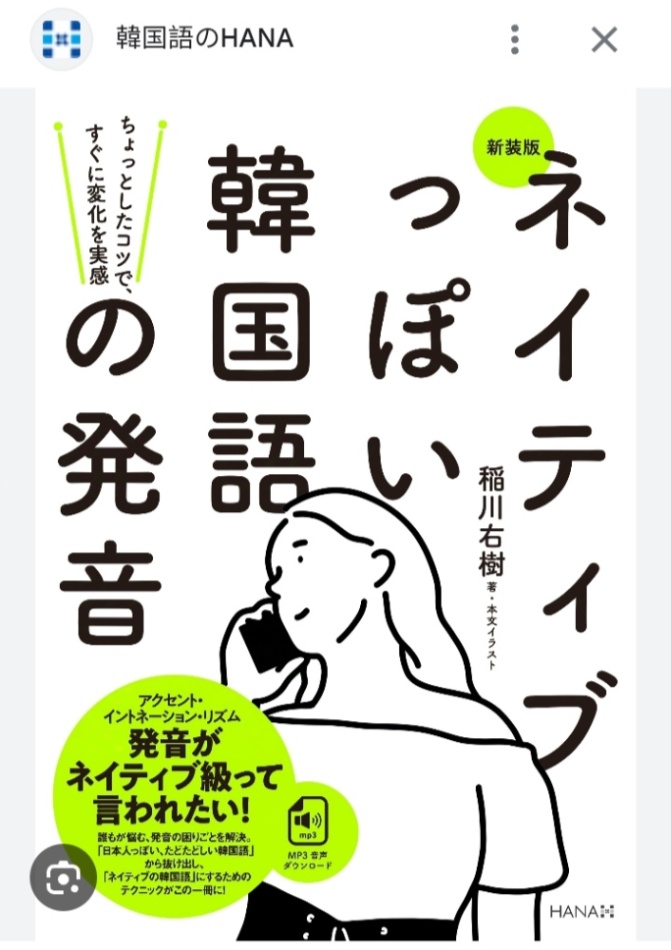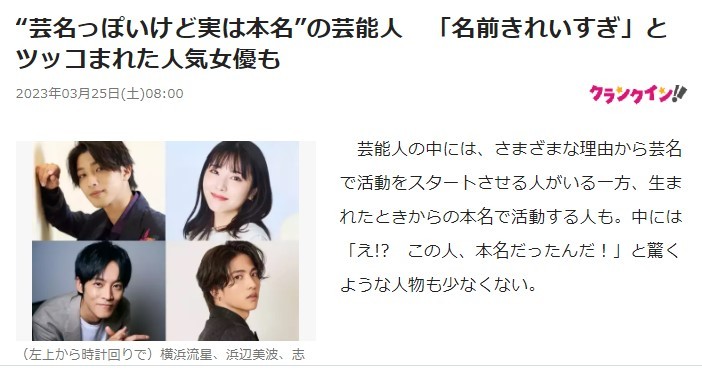っぽい (ppoi) Meaning Japanese Grammar - Like a
Anna Baffa Volpe
Get in touch with meThe suffix っぽい (ppoi) is joined to nouns, adjectives and verbs and refers to something that looks like or has the tendency to and also expresses those terms ending in English with -ish and -like.
It very often has a negative connotation in the sentence.
In this post, we will look together at how っぽい is formed, how it is combined with the other grammatical elements, and the differences in usage and meaning.
I will, as always, provide sentences in everyday use with っぽい and material from the Internet.
How to form っぽい
っぽい is a suffix in Japanese used mostly in colloquial and informal language.
っぽい is joined to nouns, adjectives and verbs.
The nuance of meaning is different depending on the element to which っぽい is joined; in this post we will look at the various uses in different circumstances.
The new term that is formed with the addition of っぽい becomes grammatically an い Adjective whose adverbial form is っぽく and negative form is っぽくない.
っぽい like A, close to A
っぽい combined with adjectives and nouns comes to express a condition that can be considered close to the situation A for example, but does not exactly coincide with it.
For example I can say:
黒っぽい服が好き。
I like blackish clothes.
We can describe 黒っぽい as:
- 完全な黒ではない色: colour not quite black;
- 黒に近い色: colour close to black.
An example of common usage is with the adjective 安い cheap, affordable referring to a price.
- if we say that an object is 安っぽい it may be that that object also has value, but from our point of view, from how it appears to us it is cheap and often has a negative connotation, synonymous with
mediocre.
っぽい I feel that way
っぽい is also used to describe one of our perceptions or sensations that we can translate into Japanese with the phrases:
- そう感じます "I feel that way";
- そう見えます ‘it looks like that way’.
If I say that I feel 熱っぽい, it means that I have the feeling that I have a fever; I have not yet measured my body temperature, but I am cold, I do not feel well, so I assume that I have a fever.
Expressions used in this form:
- food could be: 油っぽい
fator 水っぽいwatered; - a colour might appear to us: 黒っぽい
blackishor ; 白っぽいwhitish; - a particular feeling might make us perceive one season or another saying: 春っぽい, 夏っぽい, 秋っぽい, 冬っぽい.
油っぽい料理があまり好きじゃない。
I don't really like oily food.
I listen to a person speak and from the tone of his voice and the way he expresses himself I get the impression that the person:
- 嘘っぽい: is lying;
- 愚痴っぽい: is prone to complaining, that is petulant.
っぽい having the tendency to
っぽい in this case is joined to a verb and what it expresses is the tendency, the propensity of the subject to repeat, to reiterate an action.
Also in this case it generally expresses situations to which we attribute a negative meaning.
For example, if we say that a person is 忘れっぽい we mean that the person often forgets things, tends to forget and this aspect becomes a characteristic of that person and can lead to problems.
忘れっぽい as we said at the beginning of the post is an adjective and can be translated as forgetful, apt to forget.
最近忘れっぽくなって、困っています。
I have recently become forgetful and am in trouble.
妹は怒りっぽいだ。
My sister has a hot temper.
Other common expressions using the verb are:
- 飽きっぽい
voluble, which tends to get bored and tired of something easily; - 疲れっぽい person who tends to
get tired,who gets tired easily; - 惚れっぽい means 惚れやすい a person who tends to
fall in loveeasily.
っぽい like a..., as a ...
っぽい is also used as a synonym for のようだ: is like, behaves like.

ネイティブっぽい韓国語の発音
Native like Korean pronunciation
Common expressions of this usage of っぽい are:
- 大人っぽいメイク: adult make-up (make-up that makes you look
like an adult); - 子供っぽい態度: a
childish behaviour(refers to an adult person behaving like a child).
From a publication on design:

プロっぽいセンスが身につくデザインのきほん
Design basics to develop a professional-looking sense of style.
...
Other examples of っぽい
このカレーライスはちょっと水っぽいです。
This curry rice is a bit watery.
From the Internet, speaking of celebrities: stage name or original name?

芸名っぽいけど実は本名の芸能人
Celebrities with names that sound like their stage names but are actually their real names
Here is at the end of this post, the title of an article dealing with the subject of boredom: the personality of people 性格 who tend to bore easily 飽きっぽい, how to improve this condition 改善方法, the causes 原因 and the benefits メリット.

飽きっぽい性格の改善方法とは?原因やメリットも合わせて解説!
How to improve your easily bored personality? Causes and benefits are also explained!
Similar grammar points in Japanese 📚
わけがある
わけがある (wake ga aru) Meaning Japanese Grammar - There Is a Reason If
申し訳ございません
申し訳ございません (moshi wake gozaimasen) Meaning Japanese Grammar - I Apologize
わけではない
わけではない (wake dewa nai) Meaning Japanese Grammar - Does Not Mean That
わけだ
わけだ (wake da) Meaning Japanese Grammar - That's Why...
わけがない
わけがない (wake ga nai) Meaning Japanese Grammar - There Is No Reason That
わけが分からない
わけが分からない (wake ga wakaranai) Meaning Japanese Grammar - Absurd